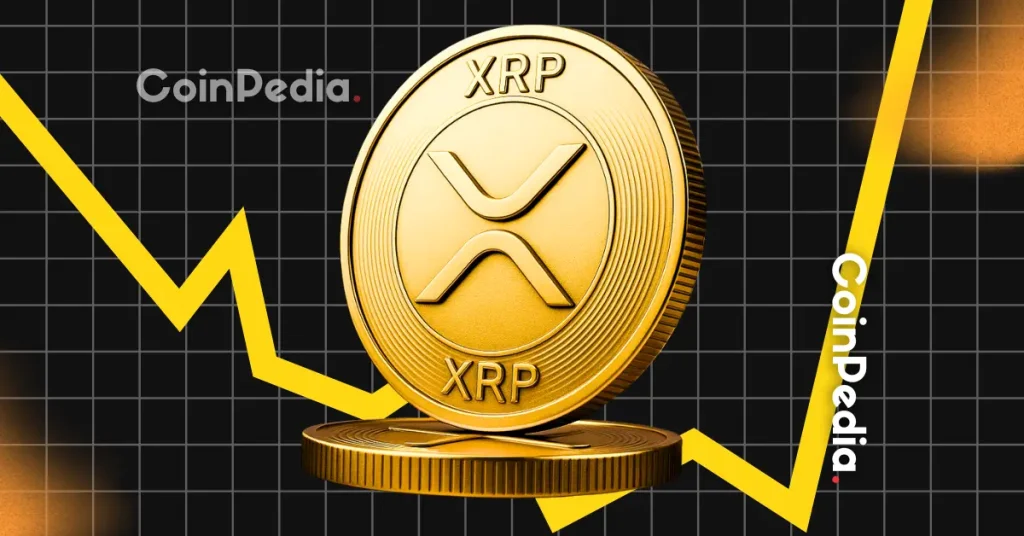
Negotiations in response to digital euro bill
The European Commission has unveiled a bill to prepare for the introduction of the digital euro on the 28th. It includes content that guarantees free access to the digital euro across the EU and enables digital euro payments using devices, both online and offline.
This is a legislative proposal to establish a legal framework for a digital euro as a complement to physical euro banknotes and coins.
The bill will allow people and businesses in the EU to use digital payment options that are widely accepted, cheap, secure and publicly provided in the Eurozone, in addition to the currently privately offered digital payment options such as credit cards and apps. make it possible.
The European Commission said it was also important to allow payments both online and offline.
Offline payments make it possible to make payments from one device to another (P2P) without an internet connection, but they guarantee a higher degree of user privacy and data protection than online payments. there is He added that if the digital euro is used offline, no one but the person will know what goods and services people have paid for.
The bill states that basic digital euro services will be provided free of charge to individuals, with banks and other payment service providers across the EU distributing the digital euro to citizens and businesses.
To promote financial inclusion, unbanked citizens will be able to hold a digital euro by opening an account at a post office or other public institution.
The bill, if adopted by the European Parliament and the European Council, will establish a legal framework for the digital euro. After that, it will be up to the European Central Bank to make the final decision.
Alongside the bill on the digital euro, the European Commission has also submitted a bill to legally guarantee the circulation of cash (euro banknotes and coins).
What are CBDCs
A digital currency issued by the central bank of a country or region. It stands for “Central Bank Digital Currency”. The big difference from virtual currency is that CBDC is a legal tender. While cost reduction and efficiency improvement can be expected in currency management and settlement, there are many issues to be considered, such as protection of personal information and privacy, security measures, and impact on the financial system.
 Cryptocurrency Glossary
Cryptocurrency Glossary
European Central Bank welcomes legislative proposal
The European Central Bank (ECB) also issued a statement on the 28th that it welcomed the European Commission’s legislative proposals on the digital euro.
The European Commission has recommended to the European Parliament and the EU Council to consult the ECB on the draft legislation. Following this request, the ECB will issue its opinion on the draft law in due course.
Comment from Governor Lagarde
European Central Bank (ECB) President Christine Lagarde said on Monday that the bank will make a decision by the end of October on the creation of the digital euro, the EU’s central bank digital currency (CBDC).
He also said that a digital euro, if it does materialize, is unlikely to happen in the near future.
Further “the next phase of piloting, experimenting and fine-tuning” of the digital euro is expected after the ECB Governing Council meeting at the end of October, according to Lagarde.
Whether or not to issue a digital euro in the future and when to introduce it will be decided by the entire ECB Governing Council, but if it does, it will require careful preparation to do it the right way. It is a shape that shows the attitude to do.
The post European Central Bank to Discuss Digital Euro Bill appeared first on Our Bitcoin News.

 2 years ago
92
2 years ago
92














 English (US) ·
English (US) ·